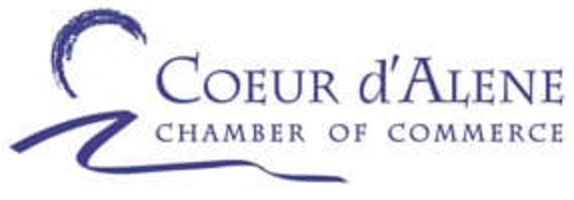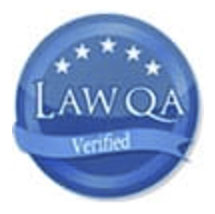We note in a recent blog post at the Coeur d’Alene family law firm of Palmer | George PLLC that judges “don’t want to be presiding over who gets a bag of sand” when divorcing parties come before them quibbling over relatively insignificant assets.
We stress in our May 3 entry the hope that parties in any given divorce case will be able “to mutually agree on the division of the smaller personal property items” before a matter gets to court.
Having said that, though, we readily acknowledge that a few select assets are anything but trivial and that, notwithstanding great effort, divorcing spouses sometimes cannot come to easy agreement regarding their equal division pursuant to Idaho’s community property laws.
A house certainly qualifies for inclusion on that “select” list.
And a business, well … .
Some spouses worked long and hard before marriage to forge an enterprise that gained traction and continues to generate profit. Unsurprisingly, that entity is going to get some serious scrutiny during the divorce process.
Will it be deemed separate property, and thus exempt from division upon marital dissolution? Or, alternatively, will it be regarded as marital property and subject to splitting?
Although in many instances that depends upon multiple factors (readers likely knew that was coming), there is a legal presumption under Idaho law. We note it in the above-cited blog entry, stating that “If it was acquired during marriage, whether it be property or debt, the presumption is that it belongs to the community and is subject to division.”
And this bears noting: Often, what begins as separate property can later lose that status through so-called “commingling” or by some other deemed mixing with the marital estate. That can certainly complicate things.
Even if business worth is deemed divisible in a divorce, notes a recent media article on business assets and their ultimate disposition when spouses separate, there are often many strategies that can be employed to keep the business intact and fully operating while simultaneously complying with asset-division exactions. Those include things like taking out a loan to pay off a soon-to-be former spouse or making arrangements to regularly compensate him or her over a stated period through company receivables.
Questions or concerns regarding any divorce-related business matter in Idaho can be directed to an experienced Coeur d’Alene family law attorney.




